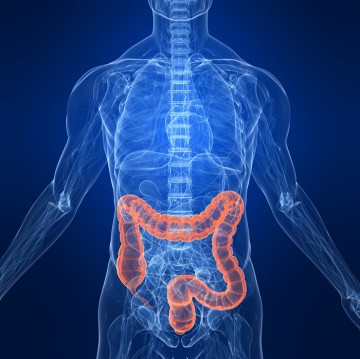Health Articles
Colorectal cancer is cancer of the colon or the rectum. The colon is also known as the large intestine and the rectum sits at the bottom of the colon, connecting the colon and the anus. Colorectal cancer is the third most common type of cancer and the second leading cause of cancer death in men and women in the United States. For 2015, the American Cancer Society estimates that there will be 93,090 new cases of colon cancer and 39,610 new cases of rectal cancer.
Signs and symptoms of colorectal cancer include abnormal bowel habits (i.e. constipation, diarrhea, or a change in the consistency of your stool), rectal bleeding or bloody stool, continuous abdominal pain, the feeling of incomplete emptying of bowel, weakness or fatigue, and unexplained weight loss, according to the Mayo Clinic.
Risk factors for Colorectal Cancer:
- Age 50 and over (90% of new cases occur in people ages 50 and over)
- Inflammatory bowel disease, Crohn’s disease, ulcerative colitis
- People with an immediate family member with a history of colon cancer have 2-3 times the risk of developing colon cancer
- African-Americans have a 20% higher risk of developing colon cancer and a 45% higher mortality rate
- Lifestyle factors – Physical inactivity, a diet low in fruits, vegetables, fiber and high in fat, being overweight or obese, alcohol and tobacco use.
Colon cancer can be found early with regular screenings. With screening and early detection, colon cancer can even be prevented. If the cancer is found early enough when it is confined to the colon or rectum, over 90% of patients survive more than five years. Treatment is also most effective with early diagnosis.
The best way to reduce your risk for colorectal cancer is to get screened regularly. The U.S. Preventive Services Task Force and the Centers for Disease Control and Prevention recommends that people start screening for colorectal cancer at age 50. Screening includes using high-sensitivity fecal occult blood testing, a sigmoidoscopy, or a colonoscopy. Screening should continue until age 75.

